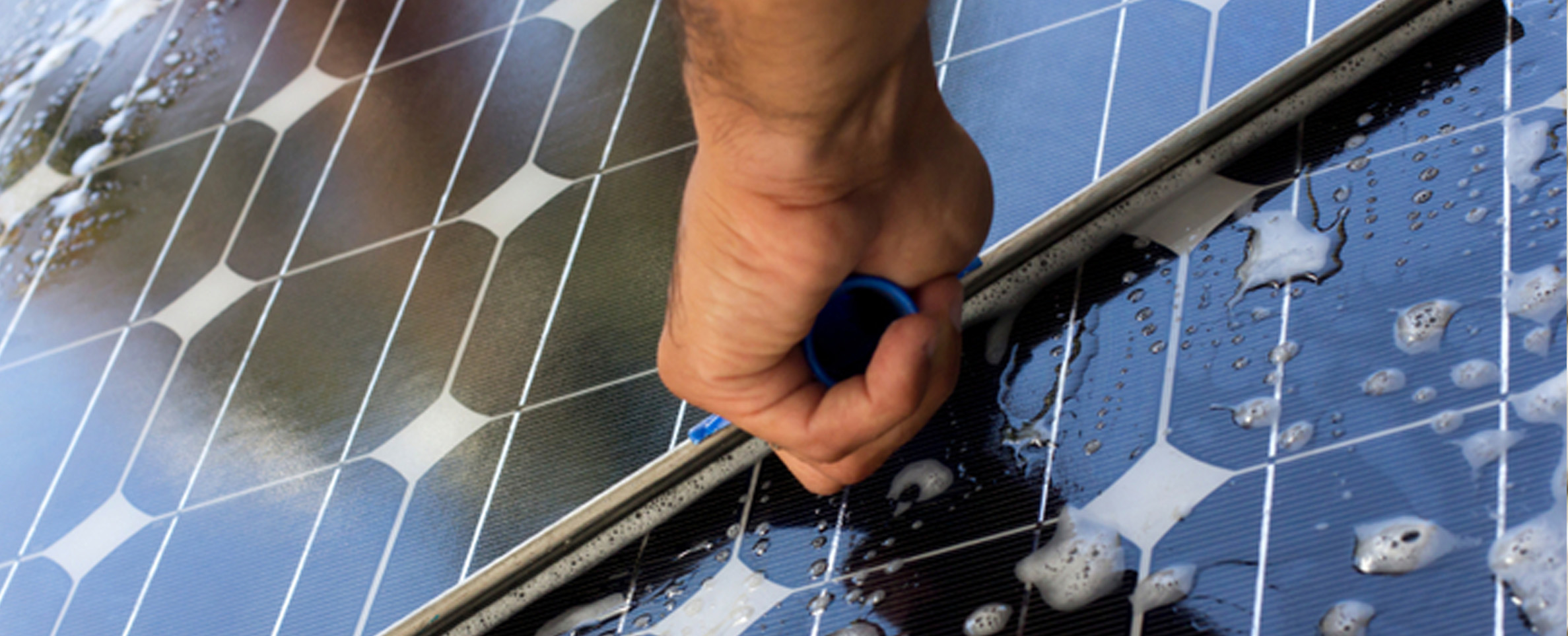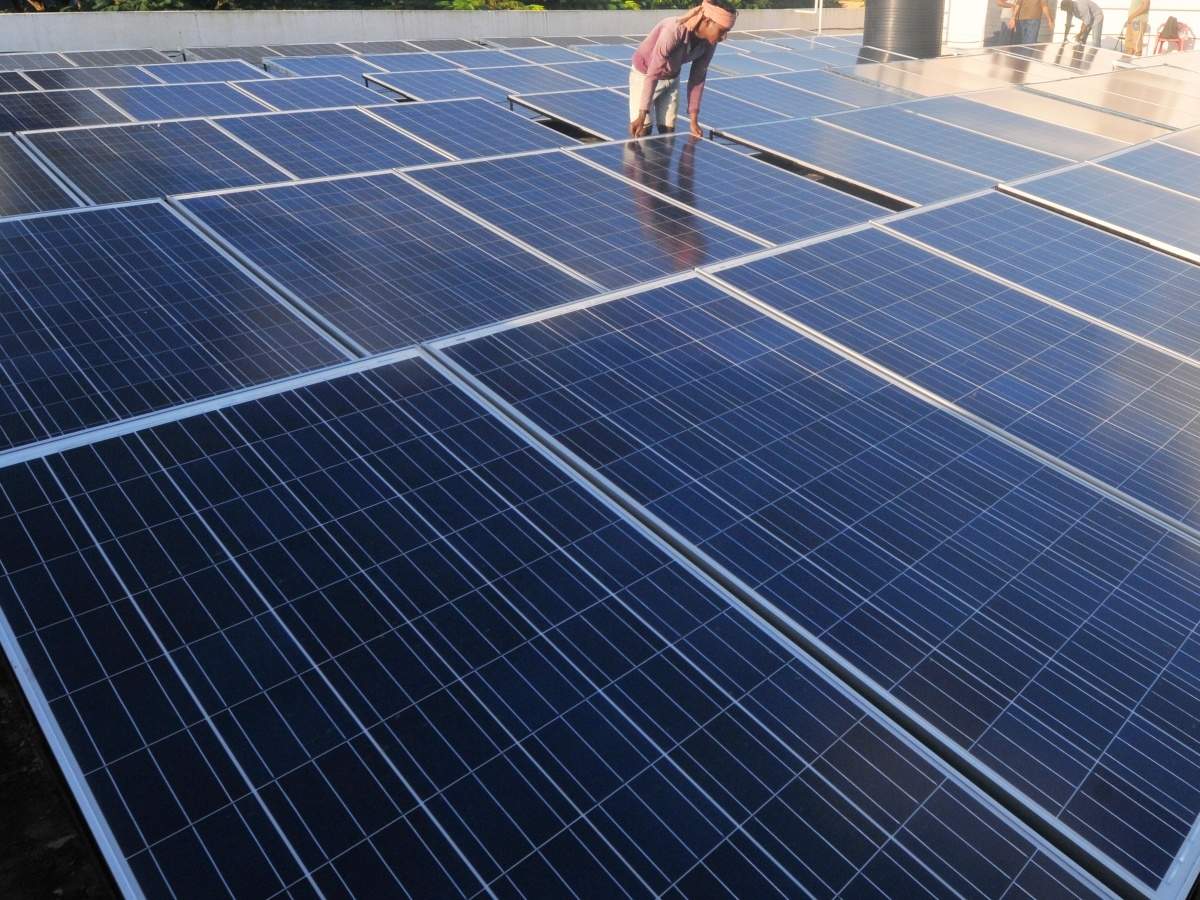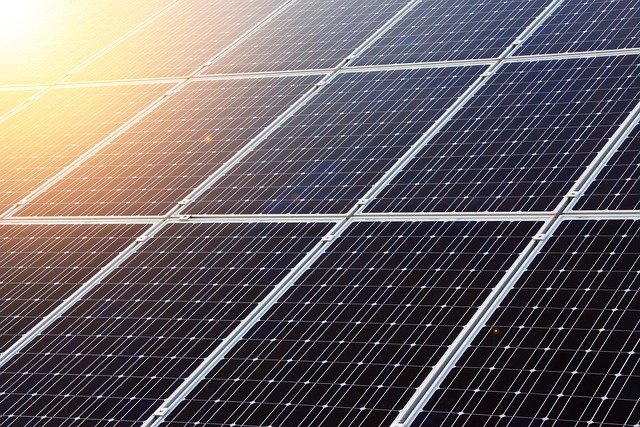
You need to know the cost of installing solar panels. Solar panel quotes include all labour costs. You can then choose the system that suits your needs. Tax incentives are also available. The size of your solar panel system will determine the cost.
Installing solar panels
It is dependent on the size and location of your solar panel system that the cost to install them will vary. In most cases, consumers spend between $10 and $20 per square foot installed, and the total price can run anywhere from $14,400 to $68,000. Although this may seem like a prohibitive price, it is not impossible to afford. You have many financing options and incentives that will help you pay for the installation.
Cost of solar panels installation varies greatly depending on where you live and what zip code you are in. Many solar companies report only on the states where they do business. They don't always report the costs of solar panel installation. Fortunately, there are several websites that provide state-specific data on solar panel prices. These websites provide information from local solar companies and breakdowns of the cost per sqft and Federal tax credit.

Cost of solar panels
The cost of solar panels can vary depending on the size and type of the panels you choose. You will also see a difference in the cost per watt. It is important to consider your specific needs and the climate where you live. The average cost per Watt in the United States is about 50 cents. Location and climate also play a significant role in the equipment required to reap the full benefits of solar energy. You will also find different incentives in different states for installing solar panels.
Solar leasing is another option to finance your solar panel investment. This option will require upfront costs but you will only pay a small monthly fee over a certain time period. This option is attractive if your energy bills are high. You can also benefit from state and federal incentives through leasing.
Tax incentives
To offset their energy costs, homeowners can get financial assistance from the federal governments. If you file taxes, you can claim upto 26% of the price of a residential photovoltaic system. This credit covers the cost of installing the solar panel system, including permits, labor, materials, and any structural or electrical work. These incentives will expire in 2022. In addition, you may be able to take advantage of state-based incentives that can help you save money on your energy bill.
The EPA and DOE are working together to improve the energy efficiency of buildings and appliances. Solar panels may qualify for ITCs and other financial incentives. Before applying for this incentive, ensure that your solar system is eligible. Contact a certified solar installer if you are interested in installing solar panels to your home.

System size
The size and capacity of solar panel systems will vary depending on their ability to generate electricity. The size of a solar system is usually measured by kilowatts. A kilowatt is equal to approximately 1,000 Watts. Three kilowatts equals around 3000 Watts. The solar panel system's power can be found on the panels. Or, it can be calculated by multiplying one panel's total capacity by the number.
There are many factors that influence the size of a solar project, such as customer and site requirements. For example, some commercial building owners want a solar panel system to offset their monthly electricity costs. A small solar plant can provide enough energy for large buildings. A solar panel system's size will also depend on how much space is available on the roof.